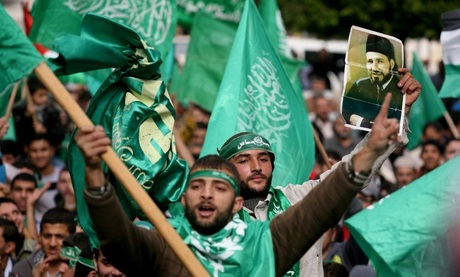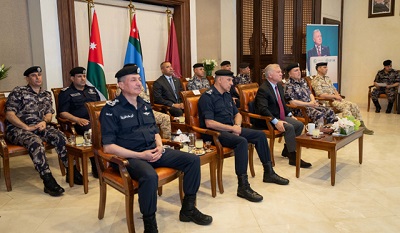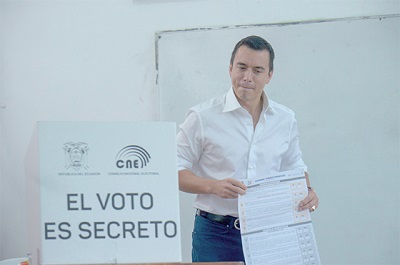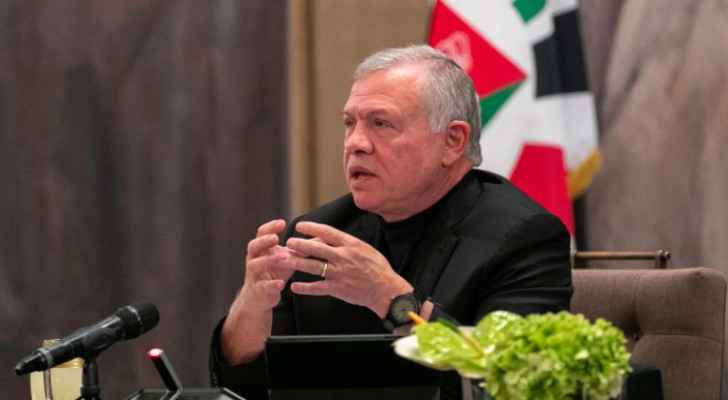Hamas Agrees to Steps toward Palestinian Unity

AFP
Hamas said Sunday it had agreed to steps toward resolving a decade-long split with Palestinian President Mahmoud Abbas' Fatah, announcing it would dissolve a body seen as a rival government and was ready to hold elections.
The statement comes after Hamas leaders held talks with Egyptian officials last week, and with the Gaza Strip run by the Palestinian Islamist movement facing a mounting humanitarian crisis.
Hamas said it had agreed to key demands made by Fatah: dissolving the so-called "administrative committee", while saying it was ready for elections and negotiations toward a unity government.
Hamas chief Ismail Haniya agreed to take such steps in talks with Egyptian officials in Cairo last week, a Hamas official has told the AFP news agency.
It was unclear, however, whether the steps would result in further concrete action toward ending the deep division with Fatah, based in the Israeli-occupied West Bank.
There was no immediate response from Abbas, and previous attempts to resolve the split between Hamas and Fatah have repeatedly failed.
In Sunday's statement, Hamas spoke of the "dissolution" of the administrative committee, which was seen as a rival government to Abbas' administration.
Hamas formed the committee in March, and since then Abbas has sought to put further pressure on the Islamist movement, reducing electricity payments for the Gaza Strip among other measures.
When details began to emerge of the discussions in Cairo last week, U.N. Middle East envoy Nickolay Mladenov said: "I welcome the recent developments related to Palestinian unity in Cairo."
- Humanitarian crisis -
"Reconciliation is critical to addressing the grave humanitarian crisis in Gaza, preventing the continuing militant buildup and restoring hope for the future," he said in a statement.
"I urge all parties to seize the current positive momentum and reach an agreement that would allow the Palestinian government to immediately take up its responsibilities in Gaza."
Hamas has run Gaza since 2007, having seized it in a near civil war from Fatah following a dispute over parliamentary elections won by the Islamist movement.
The Gaza Strip has faced deteriorating humanitarian conditions, including a severe electricity crisis and a lack of clean water.
It has been under an Israeli blockade for around a decade, while its border with Egypt has also remained largely closed in recent years.
The coastal enclave of some two million people also has one of the world's highest unemployment rates.
Facing those conditions, Hamas has turned to Egypt for assistance, particularly for fuel to produce power -- and has faced pressure to take steps toward Palestinian reconciliation in return.
Israel and Palestinian militants in Gaza, including Hamas, have fought three wars since 2008.
Israel says its blockade is necessary to stop Hamas from obtaining weapons or materials that could be used to make them.
During a visit to the strip in August, U.N. chief Antonio Guterres called for the blockade to be lifted, saying Gaza was enduring "one of the most dramatic humanitarian crises" he had seen.
Last month, the Gaza head of Hamas, Yahya al-Sinwar, said the movement had increased its military capabilities thanks to newly improved relations with Iran, Israel's arch-enemy.
Latest News
Most Read Articles
- JAF carries out 8 more airdrops of aid to northern Gaza
- Trump postpones first rally since trial began, due to bad weather
- King attends civil defence exercise
- Netanyahu vows to increase military pressure on Hamas
- “Israeli” army says it approved plans for “continuation of war in Gaza”
- 25.3% increase in tourism departures in 2024 — report
- Erdogan arrives in Baghdad for first official visit since 2011
- Housing Bank Holds Its 51st General Assembly Meeting
- Violence-battered Ecuadorans vote on anti-crime measures
- Visa to launch global innovation programmme 'VEI' in Levant region for first time in June




